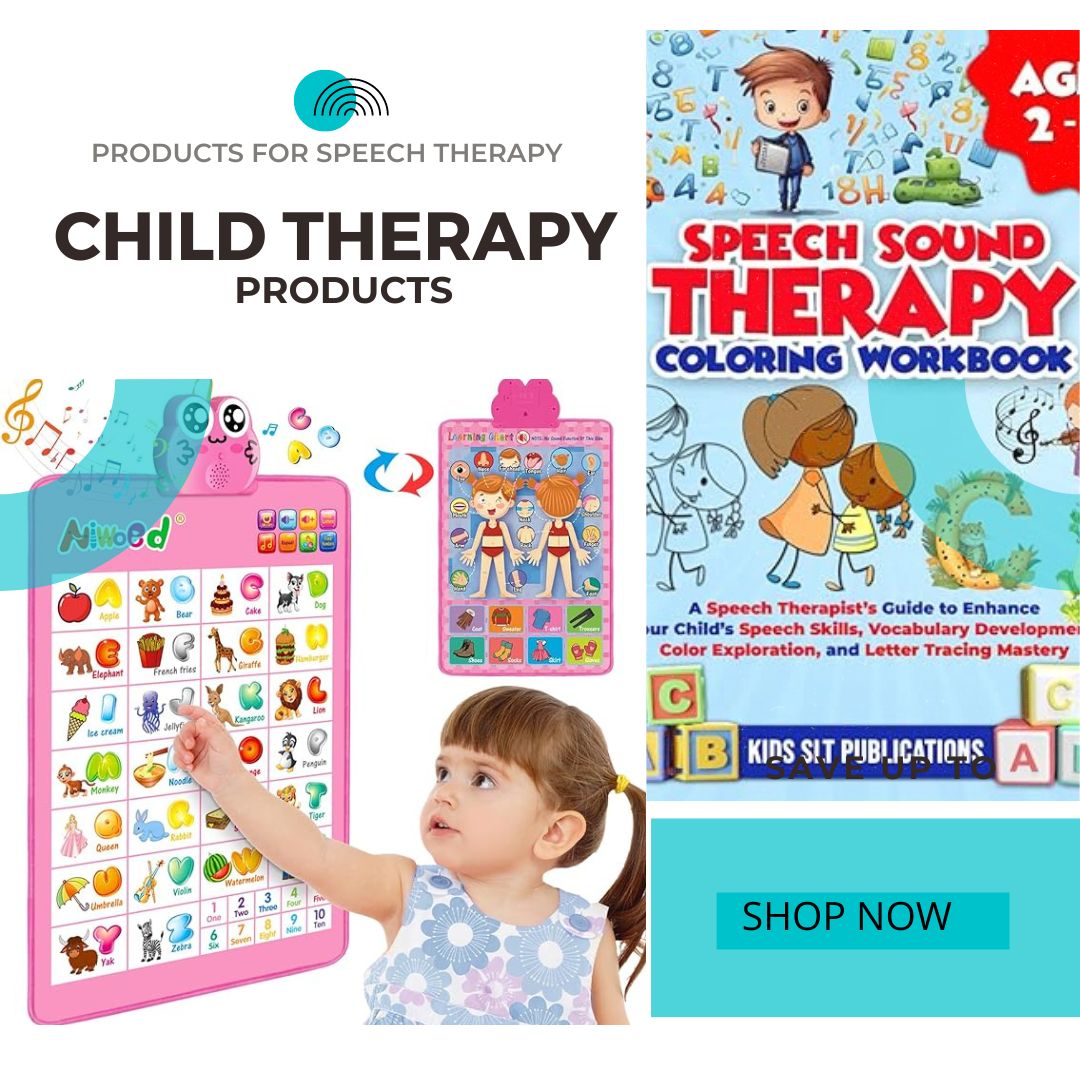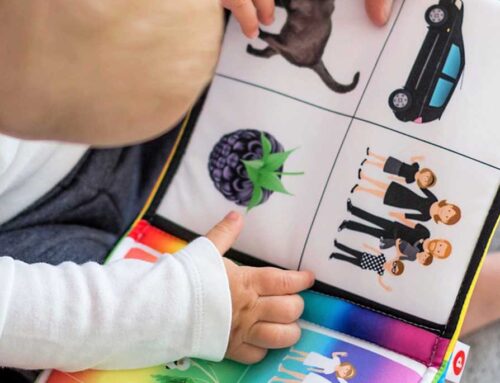Speech therapy activities for toddlers can help them learn the basic skills needed to develop strong communication. While these activities should be fun and engaging, they can also be quite challenging.
Speech therapy can be an important part of your toddler’s development, particularly if they are having difficulty communicating effectively and expressing themselves clearly.
In this blog post, we’ll provide you with some great ideas on speech therapy activities you can do at home that are both fun and effective when it comes to helping your toddler build their communication abilities.
Here are some of the most effective speech therapy activities that you can use with your toddler and also recommend it to others in your family or close friends!
15 Most Effective Speech Therapy Activities For Toddlers
#1. Narrative Activities
Narrative activities like storytelling allow your child to practice speaking as well as comprehending language. You can read a story together or create a narrative using pictures and objects. Asking questions throughout the activity encourages conversation while providing an opportunity to correct errors in grammar and pronunciation.
#2. Flashcard Games
Using flashcards is another great way to teach new words and concepts to your toddler. You could play simple memory games, have them match pictures to words, or even create your own flashcards for more specific topics.
#3. Articulation Exercises
Articulation exercises help young children learn the correct way to pronounce sounds and syllables. To make it more fun, you could play a game where you blindfold your child and ask them to correctly identify objects by their sound.
#4. Oral Motor Activities
Oral motor activities work on strengthening the muscles in the mouth that are used for speaking. You can do this with games such as tongue twisters or by blowing bubbles together.
#5. Play-Based Activities
Last but not least, play-based activities are important too! Playing with toys or interactive games encourages natural speech, giving your toddler the chance to practice their skills in a more relaxed environment. Additionally, playing with toys helps develop fine and gross motor skills which will also be beneficial for their speech development.
#6. Art activities
Use art projects like drawing, cutting and pasting to work on fine motor skills as well as language development. For example, ask your toddler to draw a picture of something they learned or simply tell them what color they should use to draw an object. This activity is also a great way to introduce new words to your toddler while helping them learn how to express themselves artistically.
#7. Music and Movement
Get up and dance! Music can be used in many ways during speech therapy sessions with toddlers, such as singing songs that help reinforce specific speech goals or having the child move along with the beat of a song. Music has been proven to activate both sides of the brain at once while providing a fun, interactive way for children to learn and practice language skills.
#8. Picture books
Picture books are great for toddlers because they provide visual cues that help the child understand what is being said. Read a book together, discussing each page and pointing out the pictures as you go along. This activity can also help your toddler learn new words while allowing them to have fun with stories they already know.
#9. Playdough activities
Playing with playdough helps develop fine motor skills, which are important for speech development. Have your toddler roll, squeeze or shape the playdough into different things while you name objects or colors in order to reinforce these words. You can also use it to introduce new vocabulary by guiding your child to make the objects you name.
#10. Pretend Play
Pretend play is a great way for toddlers to use their imaginations and practice using language in different contexts. Whether it’s playing with dolls, kitchen sets or cars, pretend play can help your toddler learn how to express themselves more clearly and articulate their needs and wants. Use this time as an opportunity to ask questions, give directions or introduce new words and ideas.
#11. Puzzles
Puzzles are excellent tools for speech therapy sessions because they require problem-solving skills which can be used when learning new language concepts. Have your toddler work on simple puzzles while you discuss each piece of the puzzle together or even have them put the pieces together while narrating what they are doing. This activity is great for working on language comprehension and vocabulary development.
#12. Speech Sound Games
There are plenty of fun speech sound games you can do with your toddler to help them practice their talking skills, such as “I Spy” or animal sound guessing games. These activities provide an opportunity for your child to practice saying certain sounds and words in a pressure-free environment while having fun at the same time.
#13. Storytelling
Stories are a great way to engage your toddler during speech therapy, whether it’s a story you make up together or one they already know. As you tell the story, have them chime in by providing snippets of dialogue or making suggestions about what might happen next. This activity is great for introducing new words, practicing language concepts and engaging your toddler’s imagination.
#14. Toy Cars
Playing with toy cars can be a great way to work on following directions as well as working on expressive language skills. Have the child drive their car around while giving them commands such as “go left, turn right or speed up” and encourage them to narrate what they are doing with the car.
#15. Word Games
There are plenty of word games you can play with toddlers that will help develop their communication skills in a fun way. Try playing rhyming games, categorization games or even just have your toddler describe what an object is without saying its name. Word games are a great way to introduce new vocabulary and help your toddler understand the connection between words and their meanings.
These 15 activities for speech therapy with toddlers provide an excellent foundation for helping children develop their language skills. Remember that it’s important to make these activities fun, engaging and interactive in order to keep your toddler motivated and interested in learning.
With consistent practice and dedication, you can help your child reach their goals and guys if you liked it then please share it with others on social media!!



